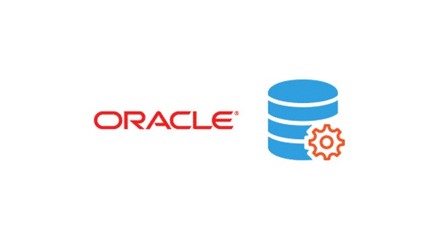
The relational database management system is called Oracle. Another name for it is OracleDB or just Oracle. Oracle Corporation is the one who manufactures and markets it. It’s
Along with other engineers, Lawrence Ellison created it in 1977. It is one of the most widely used relational database engines in the IT industry for storing, organizing, and retrieving data.

Source: www.educba.com
1. Scalability & Performance: Oracle databases are scalable and dependent on consumption thanks to technologies like RAC (Real Application Cluster) and portability. Oracle offers solutions for improving performance, including Oracle Database In-Memory, Oracle Advanced Compression, Oracle Real Application Testing, and Oracle Times Ten Application-Tier Database Cache. Optimizing system performance to the maximum extent feasible is their primary goal.
2. Accessibility: The database is always available, meaning it is never offline or unreliable.
3. Backup and Recovery: Guarding the database against data loss and rebuilding it following data loss are the goals of a backup and recovery plan. ..
4. Security: To prevent unwanted access, Oracle has a framework in place for managing database access and control. Oracle’s Advanced Security features enable it to offer strong security.

Source: JanBaskTraining
https://www.oracle.com/in/database/what-is-a-dba/#:~:text=A%20database%20administrator%2C%20or%20DBA,features%20and%20troubleshoot%20any%20issueshttps://www.janbasktraining.com/blog/oracle-dba-tutorial-guide-beginners/https://www.javatpoint.com/what-is-oraclehttps://www.educba.com/what-is-oracle/
We can conclude that Oracle is a powerful database server management software that can also serve the requirements of enterprise-level and small-level applications. It enjoys widespread usage and encompasses nearly all the features necessary to support modern applications.
Phone : updating soon
E-mail : engage@heptarc.com
CIN : U74999KA2018PTC111108
GST : 29AAECH4684E2ZC